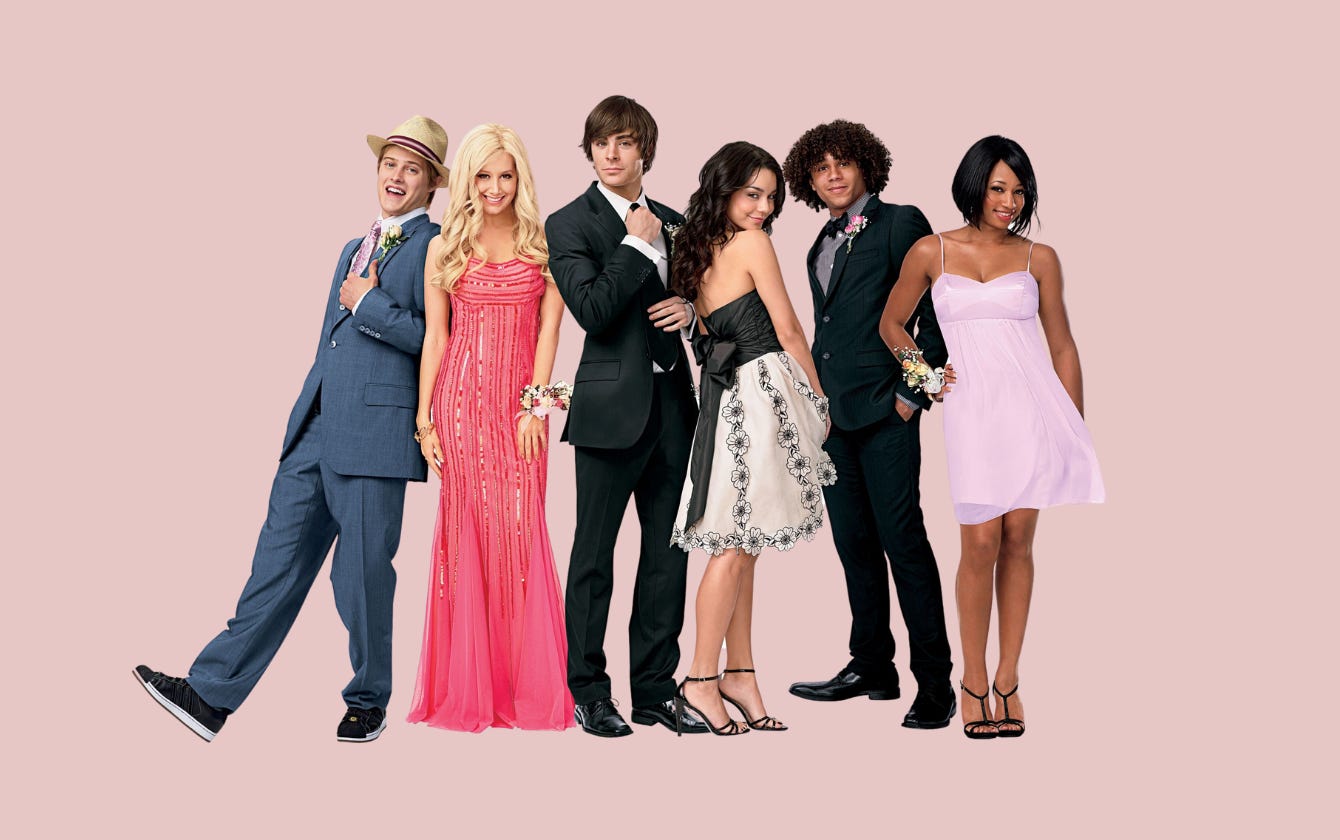Where did the time go?
School reunions are not as nerve wrecking as they are. In fact, they can be quite cathartic.
Full disclosure: I have never attended a primary school reunion—or at least, I can’t quite remember the last time I did. But recently, I found myself catching up with people from my past, first at a Primary School gathering with folks I hadn’t met in 16 years, and then at a Junior College (11 years ago?!) meetup. Each encounter left me pondering about the nature of reunions themselves.
What is it about reunions that makes them so intriguing? At the same time, why are they so disarming? I contemplated attending both reunions. Thanks to two close friends who nudged me to take that leap of faith, citing opportunities at such gatherings. There’s even a communication theory that explains how distant connections, like those you meet at reunions, can open doors to new ideas, opportunities, or networks that your closer circle might not provide.
On both nights, the same themes cropped up in conversations: marriage, getting a home, job updates ... On the surface, it felt like a checklist of adulting milestones, as if life could be summed up neatly into these categories. Yet deep down, conversations like those remind me of younger, carefree days.
Psychologists have a term for why memories of our younger years stay so vivid: the reminiscence bump. According to research, the memories we form in adolescence and early adulthood stick with us the most, often shaping how we perceive ourselves even decades later. Perhaps this is why seeing a familiar face from childhood or adolescence years can feel surreal. They carry a snapshot of who you once were, even if you’ve long outgrown that version of yourself. Cheers to that.
From primary schools to tertiary institutes, Singapore’s education system is famous because it commits more than 10 years of a student’s life in campuses. These shared experiences are vicariously lived but poignant to look back at. Thus, memorable. Education specialists, like the general secretary of a global federation of teachers’ union Education International Dr David Edwards, have commented how schools on the sunny island are equipped with resources to help all students regardless of their backgrounds. “There is that equality of funding as a baseline, so there’s no constant worry about whether you are going to have enough teachers or support,” said Dr Edwards in an interview with the national daily The Straits Times earlier this year.
Singapore’s education is also notorious for fostering competition—more so in our times. A by-product of such rigorous education system may have had some tying our identities to our achievements and measurable success. Fortunately, I didn’t see that at the gatherings. Instead, there was a genuineness in how my friends shared their life updates, free from pretense or one-upmanship. Less like a contest and more like a celebration of the different paths (pilot-to-be, teacher, ‘Fin-Sis’, business development managers, and more!) we had all taken. Cheers again.
The move away from competition may have taken place after my generation, the Zillennials, also the last batch of millennials (b. 1996). The Education minister Chan Chun Sing has committed to democratising access of teaching materials and technology to ensure no Singaporean student is left behind. In an information-overloaded world, we must equip our learners with the skills and values to distil, discern and discover, he said.
There is no doubt that the idea of going to reunions can be uncomfortable. For me, it’s less about social awkwardness—come on, these are folks I’ve spent years of my life with. It’s more about coming to terms with an earlier version of myself: the person I once was, the dreams I had, and the unspoken question of whether I’ve lived up to them.
Reunions are also the last truly analog experiences in an overwhelmingly digitalised world, argued the writers Lauren Mechling and Rachel Dodes. In a by-gone era, when our social network is not attributed to the number of follows on social media nor dating apps, connecting with others in the flesh seemed less daunting and more bona fide.
In the days after the gatherings, I found myself wondering: Why do we default to milestone updates in these settings? Is it because they’re safe, easy markers of progress? Or do they reflect deeper societal values about what it means to live a “successful” life? And what happens to those who, by choice or circumstance, haven’t checked off those boxes?
Reunions, I realised, are less about the past and more about the present. They’re a mirror reflecting not only who we were but who we’ve become—and perhaps, who we still hope to be.
Regardless, 16 years have passed since my primary school days or a decade since my Junior College era. Cliche as it sounds, time has shaped us, stretching and compressing our lives in unexpected ways.
Reunions have a way of reconnecting you with the people who once made you laugh in classrooms and stood by you during your toughest moments. There’s something priceless about revisiting those shared memories—and who knows, the next one might just surprise you. So go ahead, show up, and see where it takes you.




